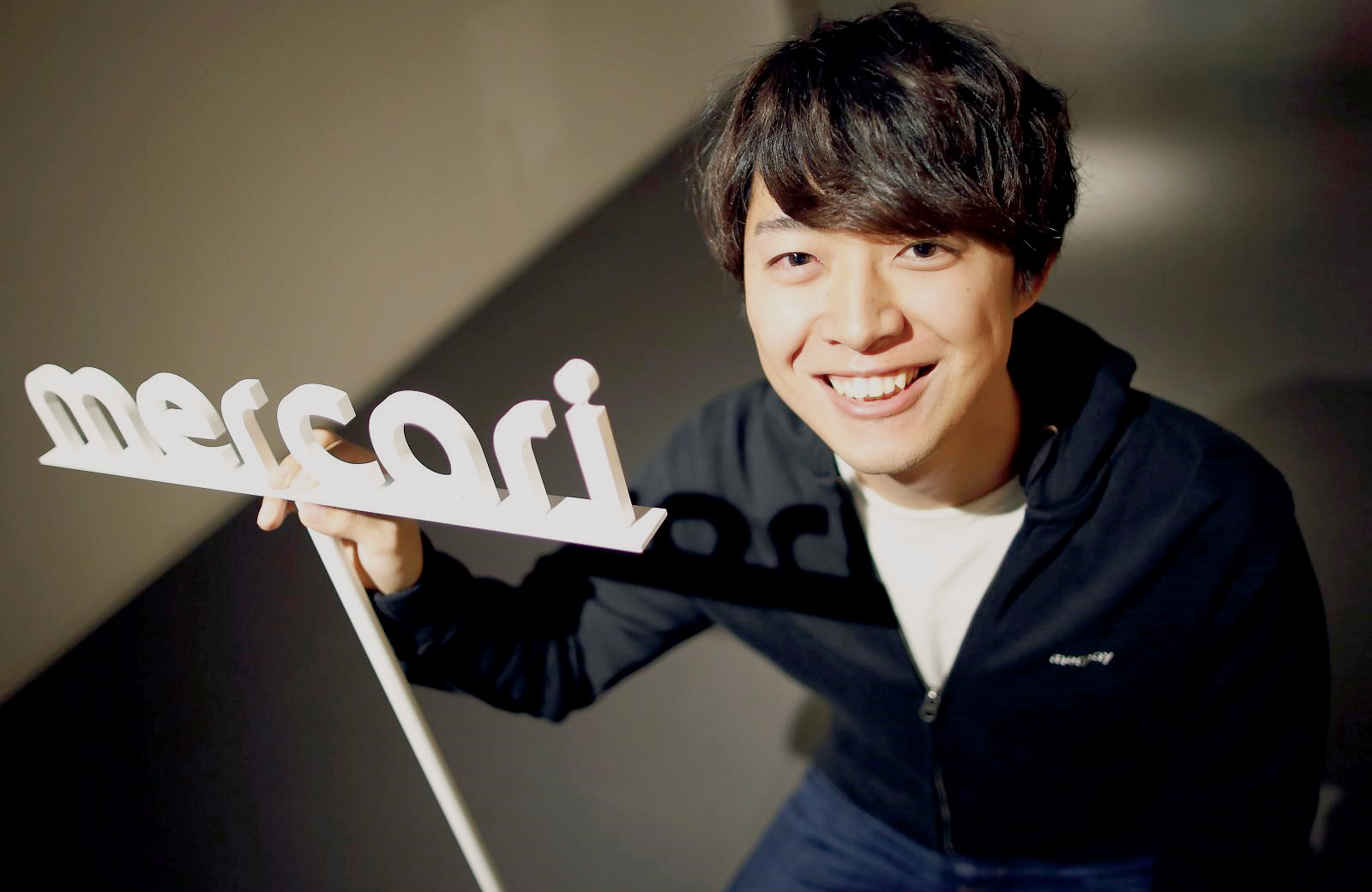

It’s a rite of spring in Japan: Major corporations hire fresh university graduates en masse every April, starting them all at the same salary with assurances of rising pay and lifetime employment.
But lately, some companies, including Rakuten, SoftBank and Line Corp, are breaking with that tradition, signing up new employees with coveted technical skills months earlier — and paying them more than other new recruits.
As competition for workers grows in Japan’s shrinking labour pool, traditional seniority and group dynamics are giving ground to the more individualised, merit-based employment system found in the West.
It is a welcome sign for Prime Minister Shinzo Abe’s government and the central bank, which have been pushing for a more flexible labour market that would boost wages and revive consumption.
Takashi Murakami, a 23-year-old producer at Mercari, which developed a popular flea market app, says seniority-based pay and lifetime employment are relics.
“I’m grateful that the company seems to value me with pretty good pay,” he said. “I already got a pay hike after joining the company, which motivated me to work even harder. Merit-based pay is more fitting to the times.”
In recent years, Mercari said, it has been hiring college students throughout the year to grab workers with needed skills. The company even offers jobs to some second-year or third-year students.
Mercari also has a programme called “Mergrads” to provide internships and training to improve new graduates’ skills.
And since April, it started offering higher pay to some job candidates with skills in information technology engineering and computer programming, said Ayano Okuda of Mercari, who is in charge of hiring new graduates. She declined to discuss the company’s pay scale.
“The competition is surely heating up,” she said. “We judge each individual’s ability and offer them attractive salaries reflecting their skills.”
For decades, Japan’s traditional spring hirings underpinned the economy and provided a clear corporate and social ladder, grounded in — and reinforcing — the cultural emphasis on loyalty and conformity.
Under Japan’s often choreographed business practices, the Keidanren, the largest business lobby, had a “voluntary” timetable that many companies followed: Start recruiting new employees on March 1, begin job interviews with fourth-year students on June 1 and informally offer jobs on October 1 — six months before graduation. — Reuters
Oman Observer is now on the WhatsApp channel. Click here



